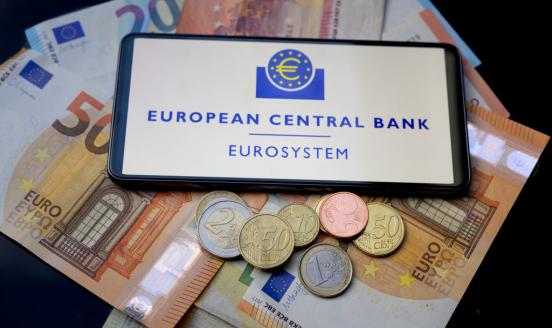An analysis of central bank decision-making
Bank of England MPC celebrates 25 years and we use this occasion to compare its decision-making process to that of the ECB

The process by which central banks take decisions has evolved over the years, with a tendency towards independence and decisions taken by committees rather than individuals. Monetary policy committees can be set up formally in different ways, traditionally falling into one of two categories: individualistic or collegial. Individualistic committees reach decisions by voting and publish the votes of each of their members, while in collegial committees, decisions are typically reached collectively. The European Central Bank is an example of the latter, while the Bank of England follows an individualistic approach.
Focusing on decision-making, a relevant question is whether the formal set-up in practice leads to different ways of deliberating and reaching monetary policy decisions. We look at decisions taken by the Bank of England, the Federal Reserve and the European Central Bank over more than 20 years to evaluate how different the decision-making process is in these three central banks. The results indicate that, irrespective of the committee type, their approach to consensus building when they take decisions is similar.
The three central banks seem to value reaching decisions by unanimity, both on interest rates – the prime monetary policy instrument by definition – and on asset purchases. Decisions to tighten monetary policy are more often taken unanimously than decisions to ease monetary policy. When maintaining policy unchanged, decisions are usually backed by most committee members.
Recommended citation
Demertzis, M., C. Martins and N. Viegi (2022) ‘An analysis of central bank decision-making', Policy Contribution 12/2022, Bruegel



